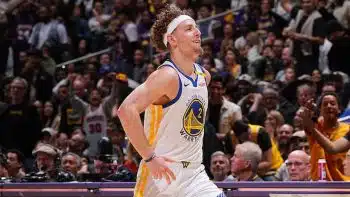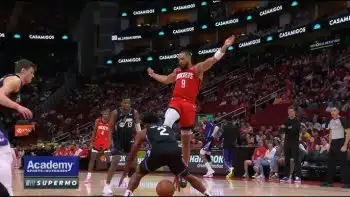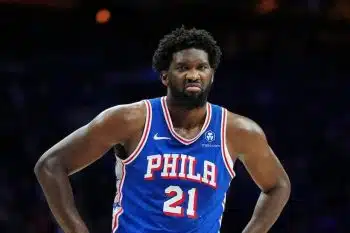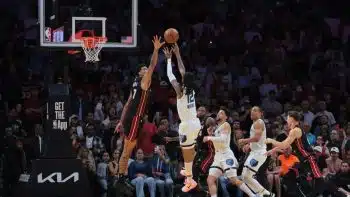NBA
Cap 101 – The Stretch Provision and Offset
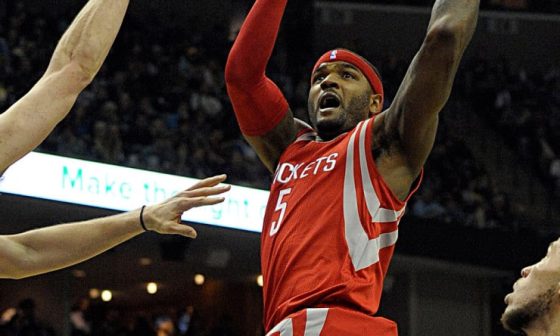
On December 22, the Detroit Pistons waived forward Josh Smith, despite owing him a total of $40.5 million for the 2014-15 season all the way through 2016-17.
Surprisingly, the Pistons have since gone on a tear, climbing to 11th in the Eastern Conference at 14-25, just two games behind the eighth-place Brooklyn Nets after a dreadful start to the season.
Smith hooked up with the Houston Rockets, on a one-year deal via their $2.077 million Bi-Annual Exception. The Pistons used the Collective Bargaining Agreement’s stretch provision on Smith’s salary.
Because Smith had two years left on his contract, the $27 million owed will hit the team’s salary cap at $5.4 million over each of the next five seasons.
That’s a hefty penalty, but one General Manager and Coach Stan Van Gundy was clearly willing to pay.
Had Smith been waived during the past offseason, after June but before September, his entire salary would have been stretched over seven seasons at $5.1 million. Instead, Detroit has a single charge of Smith’s $13.5 million salary for the 2014-15 campaign.
By signing with the Rockets, a portion of Smith’s salary with be “set-off” from what the Pistons owe him.
The set-off amount is his $13.5 million, less the salary of a player with one year’s experience ($816k this season, $845k the following, etc.), divided by two. For Smith, it’s ($2.077 – $816k)/2, or $630k.
The Rockets will pay the full amount of Smith’s new contract, but the Pistons are absolved of that $630k from their $13.5 million debt.
Set-off will be computed each year. If Smith signs a deal next season, starting at $5 million, the set-off would be $2.1 million. If he cashes in at $10.8 million for 2015-16, the Piston’s obligation would shrink to nothing for next year.
Smith will only net an additional portion of his new salary ($1.4 million for the current year, $2.9 million of a $5 million salary or $5.8 million at $10 million).
There’s an important caveat — set-off isn’t applied until after each season is completed, either in April or after any Pistons potential playoff runs.
Detroit’s $5.4 million annual penalty over the next five seasons could conceivably shrink to nothing, but only after each season. They won’t gain any of that spending power back in time to use it; Smith’s money will be dogging them regardless.
Set-off may not help the Los Angeles Clippers deal with the $80.8 million restrictive hard cap.
The Clippers are considering cutting Jordan Farmar, a bad fit on the team with a $2.077 million contract for this season, along with a $2.17 million player option for the next.
Farmar may take a buy-out, accepting less than what was originally agreed to in his contract. The Clippers could stretch out the second year of his deal over three seasons at $723k per year, less if he agrees to accept a pay cut for his freedom.
On occasion, a team and player will waive the set-off provision, as part of a buy-out negotiation. If set-off does apply, a portion of whatever Farmar signs for with a new team would come off the Clippers’ books, but again, not until the offseason — which doesn’t help give the team any additional room under the hard cap.
The Clippers previously used the stretch provision on Carlos Delfino and Miroslav Raduljica, for a combined $950k over five years, including the current season because both were stretched before September. Raduljica has since singed overseas, and then back to the NBA on a 10-day contract with the Minnesota Timberwolves. Whatever his set-off amount, it won’t be applied until after the season.
One final note, a team cannot stretch a player’s salary if their obligation to waived players totals 15% of the NBA’s salary cap.
